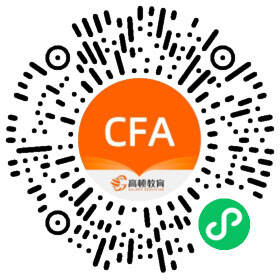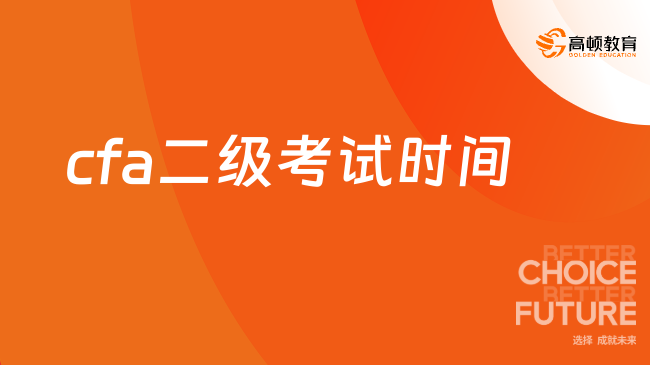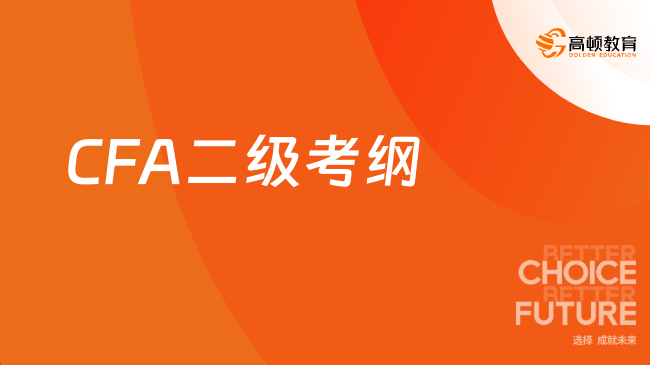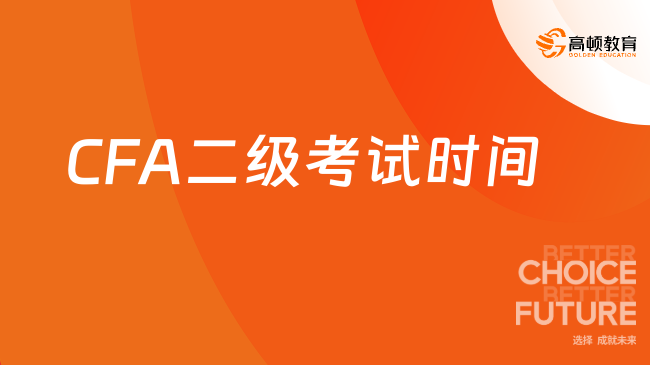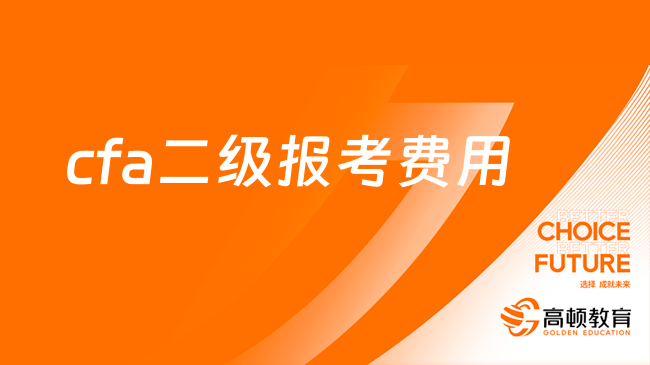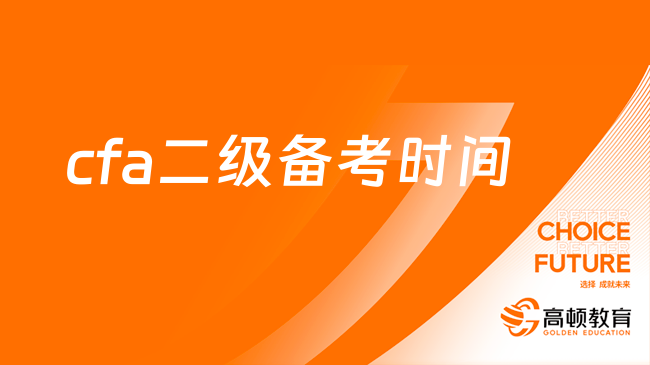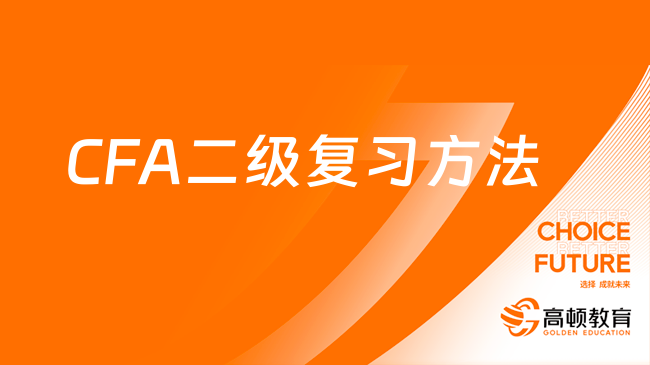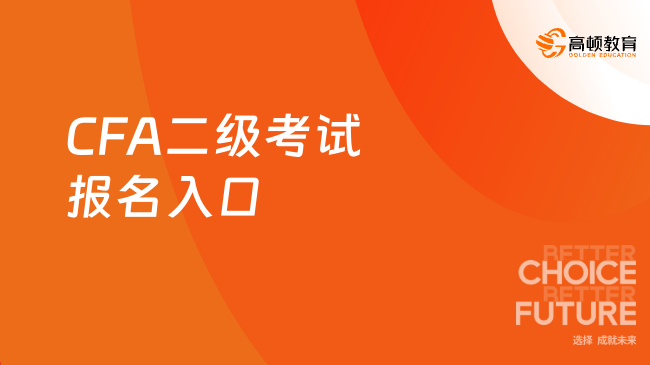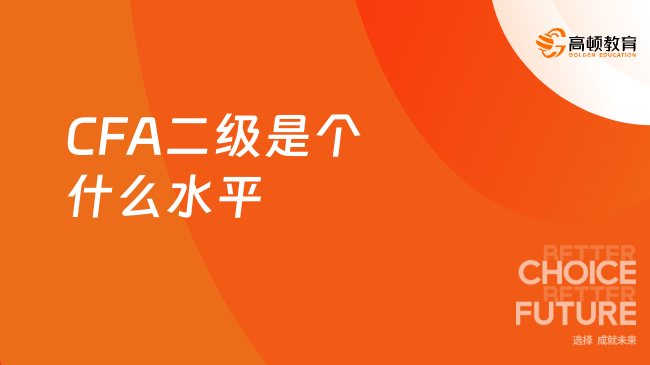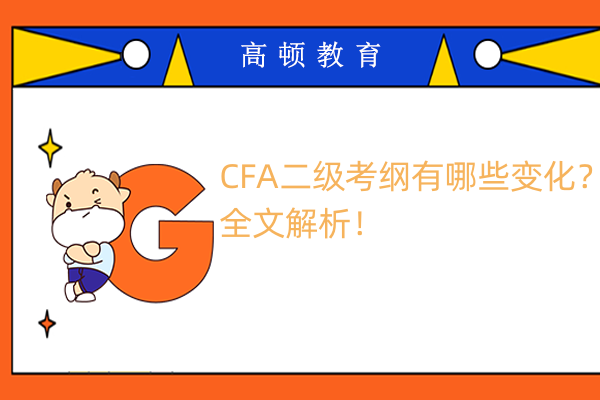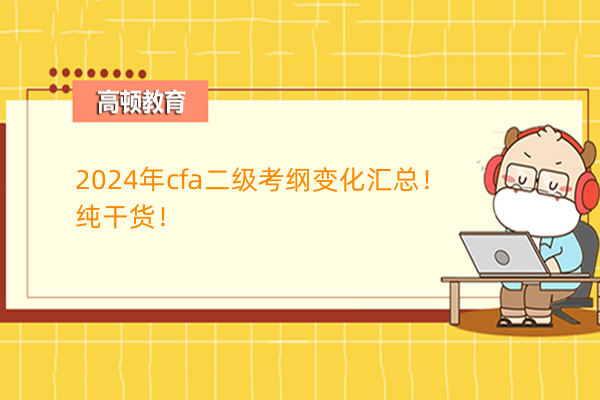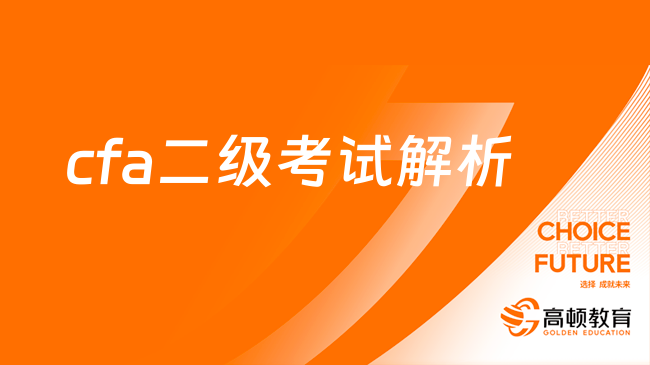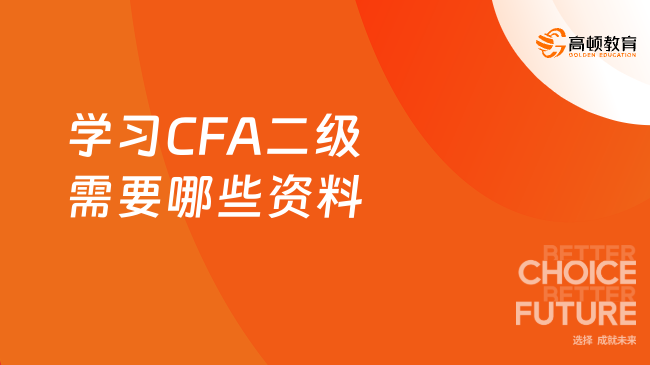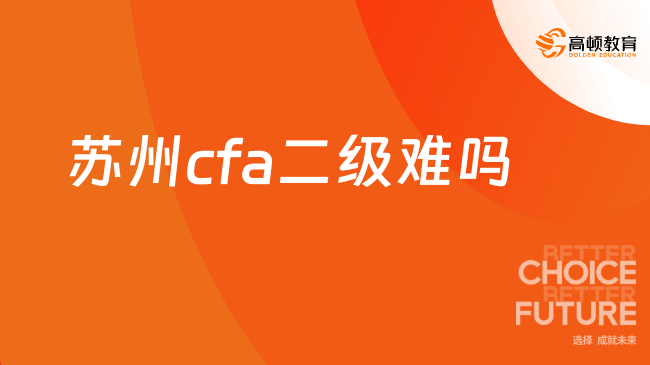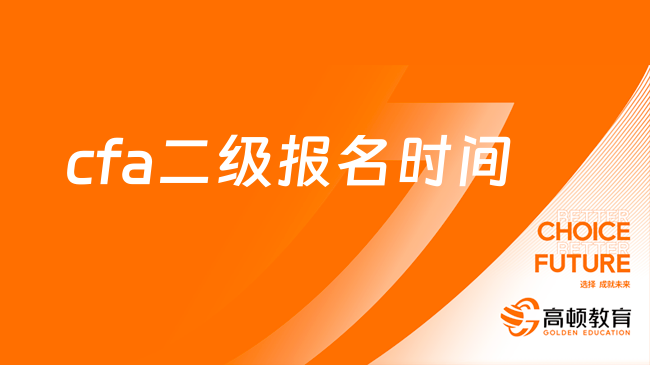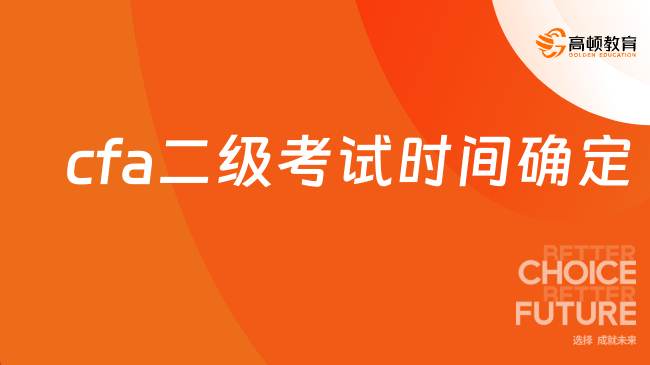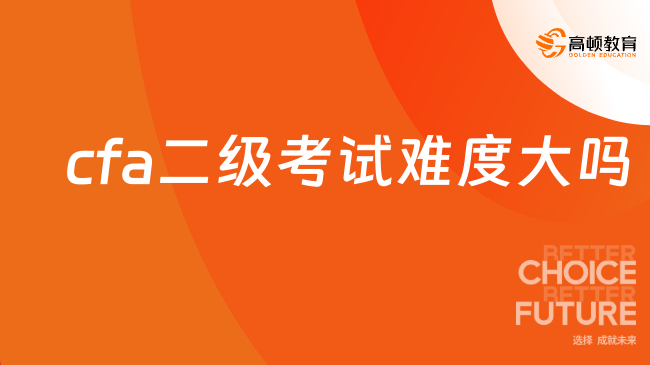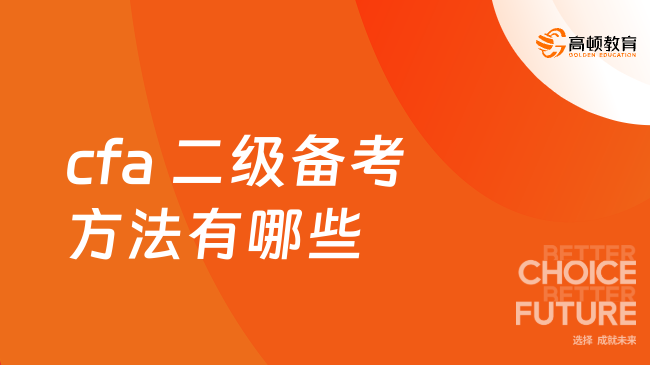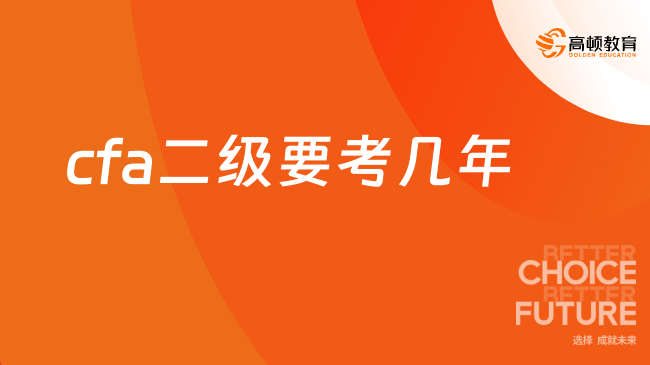众所周知,CFA认证考试考纲每年都会有所变动。因CFA考试难度之大,所以对应CFA考纲来复习通过CFA考试就变得极为必要了。下面我们来看看2017CFA二级考纲变动情况
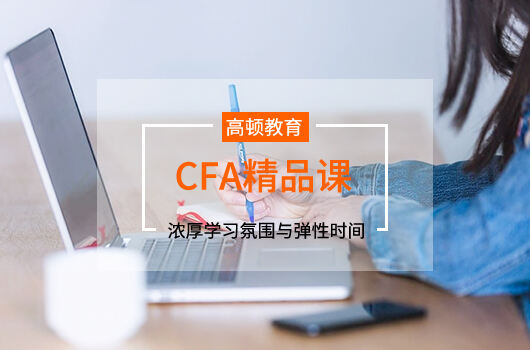
无变化
2、财务报表分析
原2016年Reading 16删除
Inventories:Implications for Financial Statements and Ratios原2016年Reading 17删除
Long-lived Assets:Implications for Financial Statements and Ratios
3、股权投资
原2016年Reading 31删除
The Five Competitive Forces That Shape Strategy原2016年Reading 32删除
Your Strategy Needs a Strategy
4、另类投资
原2016年Reading 42改变
从2016 A Primer on Commodity Investing
改变为2017 Commodities and Commodity Derivatives:An Introduction
以下为2017年新内容
A.compare characteristics of commodity sectors;B.compare the life cycle of commodity sectors from production through trading or consumption;C.contrast the valuation of commodities with the valuation of equities and bonds;D.describe types of participants in commodity futures markets;E.analyze the relationship between spot prices and expected future prices in markets in contango and markets in backwardation;F.compare theories of commodity futures returns;G.describe,calculate,and interpret the components of total return for a fully collateralized commodity futures contract;H.contrast roll return in markets in contango and markets in backwardation;I.describe how commodity swaps are used to obtain or modify exposure to commodities;J.describe how the construction of commodity indexes affects index returns.
5、投资组合
新增2017年
Measuring and Managing Market Risk
Algorithmic trading and high-frequency trading以下为2017年新内容
Measuring and Managing Market Risk
A.explain the use of value at risk(VaR)in measuring portfolio risk;B.compare the parametric(variance-covariance),historical simulation,and Monte Carlo simulation methods for estimating VaR;C.estimate and interpret VaR under the parametric,historical simulation,and Monte Carlo simulation methods;D.describe advantages and limitations of VaR;E.describe extensions of VaR;
F.describe sensitivity risk measures and scenario risk measures and compare these measures to VaR;G.demonstrate how equity,fixed-income,and options exposure measures may be used in measuring and managing market risk and volatility risk;H.describe the use of sensitivity risk measures and scenario risk measures;I.describe advantages and limitations of sensitivity risk measures and scenario risk measures;J.describe risk measures used by banks,asset managers,pension funds,and insurers;K.explain constraints used in managing market risks,including risk budgeting,position limits,scenario limits,and stop-loss limits;L.explain how risk measures may be used in capital allocation decisions.
Algorithmic trading and high-frequency tradingA.define algorithmic trading;
B.distinguish between execution algorithms and high-frequency trading algorithms;C.describe types of execution algorithms and high-frequency trading algorithms;D.describe market fragmentation and its effects on how trades are placed;E.describe the use of technology in risk management and regulatory oversight;F.describe issues and concerns related to the impact of algorithmic and high-frequency trading on securities markets.
6、道德
无变化
7、量化分析
无变化
8、公司金融
无变化
9、固定收益
新增:
READING 39.CREDIT DEFAULT SWAPS
The candidate should be able to:
a describe credit default swaps(CDS),single-name and index CDS,and the parameters that define a given CDS product;b describe credit events and settlement protocols with respect to CDS;c explain the principles underlying,and factors that influence,the market’s pricing of CDS;d describe the use of CDS to manage credit exposures and to express views regarding changes in shape and/or level of the credit curve;e describe the use of CDS to take advantage of valuation disparities among separate markets,such as bonds,loans,equities,and equity-linked instruments.
10、衍生品
结构虽然有大的调整,但是核心知识点并未改变,见下面黄色字体标注关键变动:
1.CDS删除,实际移动到固定收益
2.2016年CFA考试大纲提及到的Eurodollar Future,cap and floor,contango and backwardation,FRA,2017年CFA考试大纲中并未重点提到。点击:2016-2017CFA最完整资料下载(资料包含CFA必考点总结,提升备考效率,加分必备).
Three Levels
The course of study is organized into three levels and each level requires passing a six-hour exam.The program curriculum increases in complexity as you move through the three levels:
Level I:Focuses on a basic knowledge of the ten topic areas and simple analysis using investment tools
Level II:Emphasizes the application of investment tools and concepts with a focus on the valuation of all types of assets
Level III:Focuses on synthesizing all of the concepts and analytical methods in a variety of applications for effective portfolio management and wealth planning
CFA考试
CFA课程大体上分为三个层次,每个层次都要通过六个小时的考试。随着你一个个通过三个层次时,课程的复杂性也随之增加:
CFA一级:重点关注十个主题领域的基本知识,并使用投资工具进行简单分析
CFA二级:强调投资工具和概念的应用,重点是所有类型资产的估值
CFA三级:重点综合各种应用中的所有概念和分析方法,进行有效的投资组合管理和财富规划

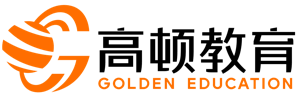
 QQ登录
QQ登录 微博登录
微博登录 微信登录
微信登录
